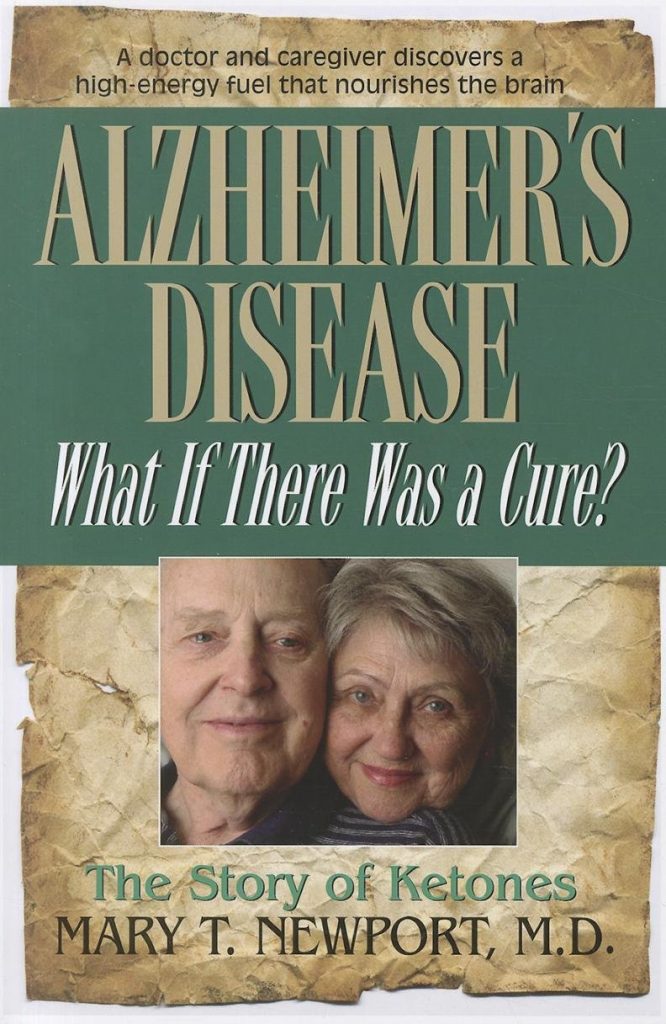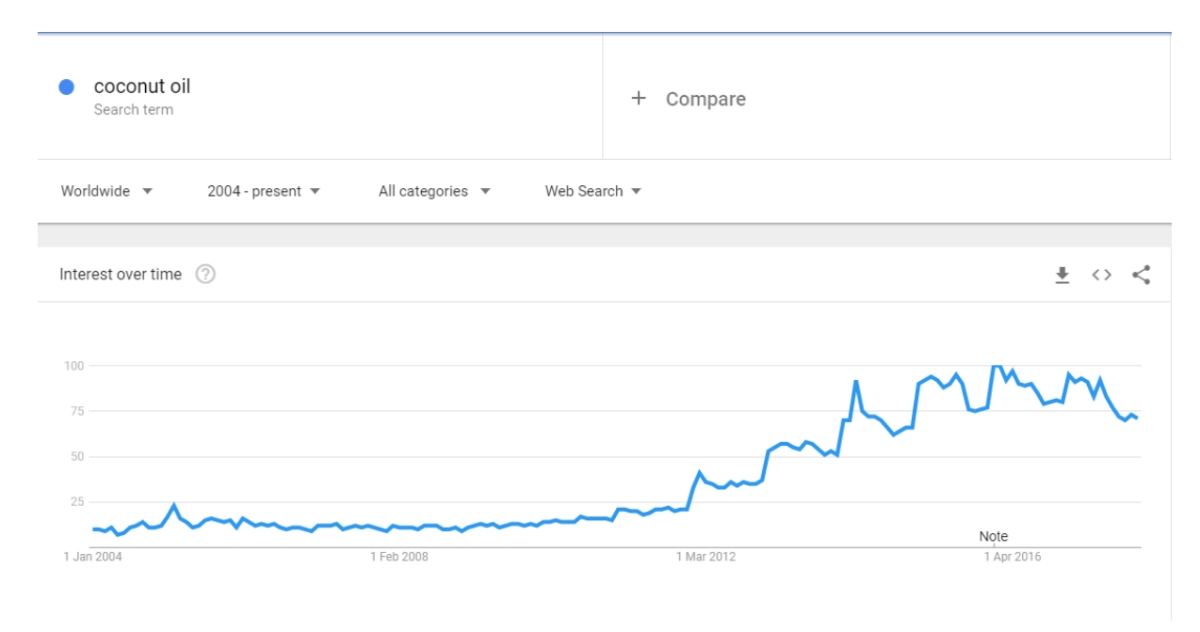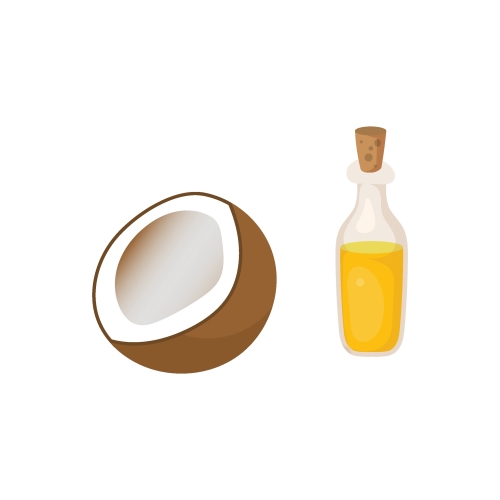Mon, 26 February 2018
In fact, life mistakes are inevitable. Heck, in many cases, they’re even desirable. After all, we learn from our mistakes when picking up a language – including our native mother tongues. But some life mistakes are probably avoidable. Like the 4.1 I’m going to discuss in this post. They are in no particular order of importance. But I’ve stuck the one with a tutorial at the end. I believe if you pay that final point the most attention… … and put its mini-lesson into action… You will avoid SO much pain and suffering. I wish I had known about that unique set of strategies anyone can use at least 21 years sooner! So whether you’re 41 or any other age, let’s dive in with these mistakes life has burned into my memory and that I could have done without.
1. You Cannot Fulfill Anyone Else’s Dreams |
Thu, 22 February 2018
Well, what if I told you that I’ve discovered profound memory benefits from journaling for language learning, including boosts in physical and emotional wellbeing? Benefits that definitely deserve the word “freedom.” That’s what I am going to tell you about. And it’s all happening right now in this step-by-step guide. This page will show you how to use The Freedom Journal to experience multiple levels of mental freedom while using it to learn a language with consistency and confidence. The best part? You don’t have to journal blindly. You don’t have to start from scratch or wonder exactly how you’re going to chart your path towards improved fluency. You just have to:
Then, have the language you want to learn… A couple of Memory Palaces… 5-10 minutes in the morning, another 5-10 in the evening… And you’re ready to experience brain benefits and fluency like never before. Ready? Let’s go!
A (Very) Brief History Of Journaling
You know what journaling is, right? Your words. About you. On paper. Or written inside a digital document. Take your pick. More carefully defined: A journal (or diary) is a place you store entries on a daily or near-daily basis. It is voluntary, helps you put problems to rest and keep yourself moving forward. You can journal to maintain flow, learn more about yourself and use the Magnetic Memory Method better as you go. Or, like the Roman Emperor Marcus Aurelius wrote in Τὰ εἰς ἑαυτόν (To Myself), you can journal purely to capture your thoughts. These days, “To Myself’ is known as Meditations. Aurelius wrote it in the second half of the 2nd century AD and, even though this book started as his journal, it is still a bestseller today. Here’s the important point: Journaling is powerful and the practice has stood the test of time.
Therapeutic Journaling And How |
Wed, 7 February 2018
You wore a lovely turquoise gown, your mom couldn’t stop smiling, and your dad was delighted to meet your date. It was a fantastic evening, right? Well… Let’s just say, that’s how you remember it. If you ask your mom, on the other hand, she would say: “It was a frantic evening. You couldn’t decide what to wear and were almost in tears when the hair-rollers wouldn’t set in. More annoyingly, your dad was upset about your date and was being difficult”. Each person remembers a specific event in his or her unique way – this is called your episodic memory. By definition, episodic memory involves the recollection of specific events, situations, and experiences. Episodic Memory Examples Are Easy To Find
Examples of episodic memory would include your memory of your first day of school or your first kiss. Apart from your overall recall of the event itself, episodic memories also involve your memory of the location and time that the event occurred. For another powerful episodic memory example, please watch this video. It includes some powerful exercises that will help you improve your episodic memory too: Someone else’s recollection of that same event or experience would be different (maybe not as dramatically different as your prom night, but different nevertheless). If you want to remember past events in its full technicolor details, you must strengthen your episodic memory. Keen on storing everyday information in an easily retrievable place? Here’s a quick demo of how to use Memory Palace to store information that matters to you:
Are Episodic Memories And Autobiographical Memories The Same?
Not exactly! Autobiographical and episodic memories are personal memories from the past. However, autobiographical memory is more general, for example, when you recall the street name of a house growing up. On the other hand, episodic memory is more specific to time.
It’s like remembering your 13th birthday party that took place on a particular street. (Electromagnetic Differences in the Brain during Memory Retrieval, Warren Scott Merrifield, 2007) In effect, although autobiographical memory involves episodic memory, it also relies on semantic memory. For instance, you can remember the city you were born in and the date, but you wouldn’t have any specific memories of being born.
Here’s A Fascinating Fact:
Research into links between memory and handedness suggest that ambidextrous people (who can perform some tasks with one hand and some with the other) tend to show better autobiographical memory than people who perform almost all tasks with either one hand or the other. In contrast to autobiographical and episodic memories, semantic memory refers to the understanding of factual knowledge that is not connected to any specific time and place. For example, the knowledge that the sky is blue. Semantic memory is similar to looking an item up in the dictionary. Often an individual has no specific recollection, or thoughts of re-experiencing, the event in which the semantic information was acquired; therefore, semantic memories are thought to be “known” rather than “remembered” (McKoon, Ratcliff, & Dell, 1986). Episodic Memory + Semantic Memory = Declarative Memory
Episodic memory and semantic memory together makeup part of your long-term memory and are known as declarative memory. But before a memory is cemented into long-term memory as episodic memory, it must pass through the semantic memory, noted Endel Tulving of the University of Toronto in his book, Elements of Episodic Memory.
Tulving and colleagues (Habib, Nyberg, & Tulving, 2003) reviewed a large body of neuroimaging research to develop the Hemispheric Encoding and Retrieval Model (HERA). According to HERA, the left prefrontal cortex (PFC) is more involved than right PFC in episodic memory encoding while the right PFC is more involved than left PFC in episodic memory retrieval. As the left hemisphere is related to semantic processing, encoding of the episodic information appears to involve the semantic network. (Intensive Semantic Memory Training: A Comparison to Traditional Episodic Memory Therapy in TBI, Elisabeth C. D’Angelo, 2016)
Lost & Found: |
Thu, 1 February 2018
Well, many people think that a diet rich in coconut oil is essential to prevent brain fog, memory loss, dementia and even Alzheimer’s disease. But… Here’s the thing: For years, coconut oil has been been a staple in ketogenic diets for its high fat levels and low carbohydrate content. Interestingly, a 2016 study by Klaus W.Lange and his team revealed that “both the direct administration of ketone bodies and the use of high-fat, low-carbohydrate ketogenic diets have been shown to be efficacious in animal models of AD (Alzheimer’s disease) and clinical trials with AD patients.” But there’s a catch… The study stated that “the mechanism underlying the efficacy of ketogenic diets remains unclear, but some evidence points to the normalization of aberrant energy metabolism. At present there is only limited evidence of the usefulness of ketogenic diets in AD.” Don’t get deterred through… There are other foods that improve memory well worth checking out too. And yes, I like to cook with it myself, such as when making my Memory Friendly Chocolate Pancakes With Cacao Powder: But despite being a wonderful ingredient in memory recipes like ours at the Magnetic Memory Method Headquarters in Brisbane, one question remains… How vital is coconut oil in boosting your brain? Let’s find out. Starting with:
The History Of Coconut Oil And Its Link With A Healthy Brain
Settlers in tropical countries used all parts of the coconut tree. The leaves were weaved into baskets and mats, the sap of the flowers used to create syrups and the meat of the coconut served as food. Gradually, the settlers pressed coconut meat to produce coconut oil. For at least 2000 years, coconut oil has been an integral part of Ayurvedic medicine. It has been used to heal wounds, treat hair fall, as a skin moisturiser and sunscreen, taken as a health tonic and even considered beneficial for the heart. You could say coconut oil was the ‘swiss army knife of medicine’. But there’s the kicker… Despite its rich history, coconut oil is not used as extensively as it used to be. Why? In the 1950s physiologist Ancel Keys discovered that hydrogenated oils had saturated fat which was responsible for heart disease. Remember, hydrogenated coconut vegetable oil was used extensively for cooking at that time. In response, the vegetable oil industry blamed saturated fats in processed coconut oil and gave it a bad name. The tactic worked and throughout the 1950s and 60s coconut oil was replaced by polyunsaturated vegetable oils.
New Discovery Brings Coconut Oil To The Forefront Again
Half a century after Dr. Keys discovery, scientists found that Medium Chain Triglycerides (MCT) which are present in coconut oil can improve memory for Alzheimer patients. That again changed public perception of this humble oil. In a 2004 study, elderly subjects were fed either MCT oil or a placebo at random. Subjects who had symptoms of Alzheimer’s showed an immediate improvement on the paragraph recall memory test after consuming the MCT solution.
Then in 2008, Dr. Mary Newport – who was researching possible treatments for her husband diagnosed with Alzheimer’s disease – came across the patent application for Ketasyn (which contains MCT), which stated that the oil was derived from coconut oil or palm kernel oil. Here’s where it gets interesting: Dr. Newport fed her husband around 35 grams of coconut oil each day. In her popular article “WHAT IF THERE WAS A CURE FOR ALZHEIMER’S DISEASE AND NO ONE KNEW?”, she described rapid change in her husband’s behavior two months after the treatment. From the case study by Dr. Newport: “He walks into the kitchen every morning alert and happy, talkative, making jokes. He is able to concentrate on things that he wants to do around the house and in the yard and stay on task, whereas before coconut oil he was easily distractible and rarely accomplished anything unless I supervised him directly.” So the question is: Will guzzling gallons of coconut oil result in improved mental alertness? Before we answer that let’s understand the connection between coconut oil and ketones.
The Ketones Story: How to Power Your Brain
Our body uses glucose to power brain cells under normal circumstances. If there is no glucose available, our body burns fats to produce ketones which are then transported to the brain. However in case of Alzheimer’s and dementia, your brain cells tend to resist glucose, and won’t function effectively. PET scans have shown that areas of the brain which resist glucose, use ketones as an alternative source of energy. Why does this matter? Coconut oils consists 60% of MCTs which contains Medium Chain Fatty Acids (MCFAs) that release ketones when burnt. The Popularity Of Coconut Oil: |
The Magnetic Memory Method Podcast

Categories
generalMemory Improvement Tools
Memory Method Tips
Brain Exercises for Memory Improvement
Memory Improvement Case Studies
Podcast
Guest Post
Memory Palace Tactics
Practical Memory Techniques
Uncategorized
Improve Memory Q&A
Archives
AprilMarch
February
January
December
November
October
September
August
July
June
May
April
March
February
January
December
November
October
September
August
July
June
May
April
March
February
January
December
November
October
September
August
July
June
May
April
March
February
January
December
November
October
September
August
July
June
May
April
March
February
January
December
November
October
September
August
June
May
April
March
February
January
December
November
October
September
August
July
June
May
April
March
February
January
December
November
October
September
August
July
June
May
April
March
February
January
December
November
October
September
August
July
June
May
April
March
February
January
December
November
October
September
August
July
June
May
April
March
February
January
December
November
October
September
August
July
June
May
April
March
February
January
December
November
September
| S | M | T | W | T | F | S |
|---|---|---|---|---|---|---|
| 1 | 2 | 3 | ||||
| 4 | 5 | 6 | 7 | 8 | 9 | 10 |
| 11 | 12 | 13 | 14 | 15 | 16 | 17 |
| 18 | 19 | 20 | 21 | 22 | 23 | 24 |
| 25 | 26 | 27 | 28 | |||
Syndication

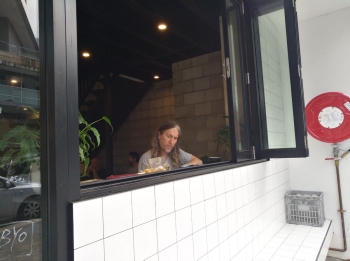 We all make mistakes.
We all make mistakes.


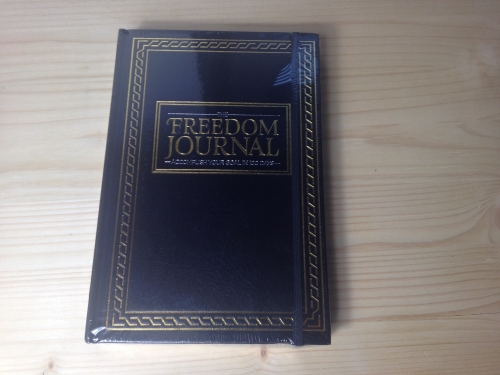
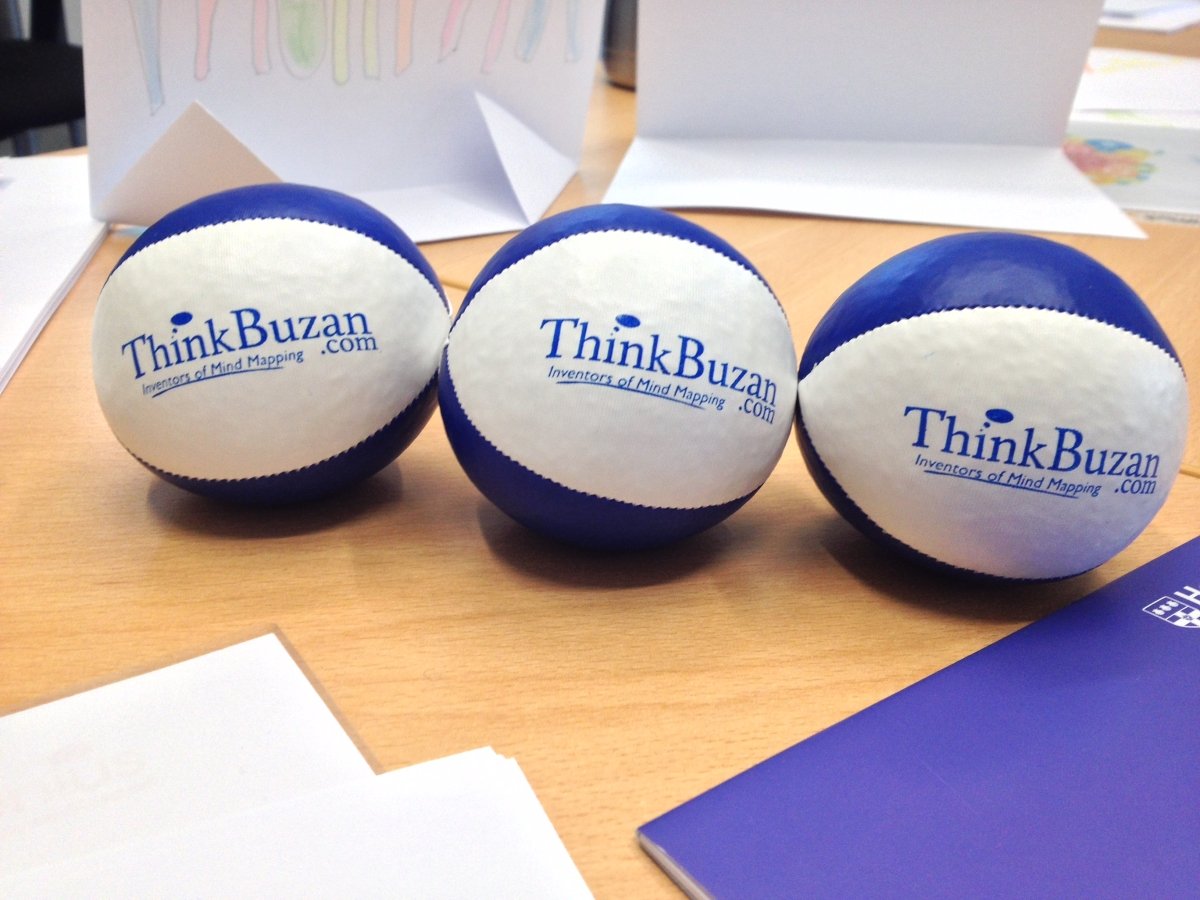
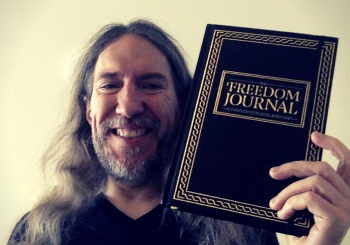 The Freedom Journal… sounds ambitious right?
The Freedom Journal… sounds ambitious right?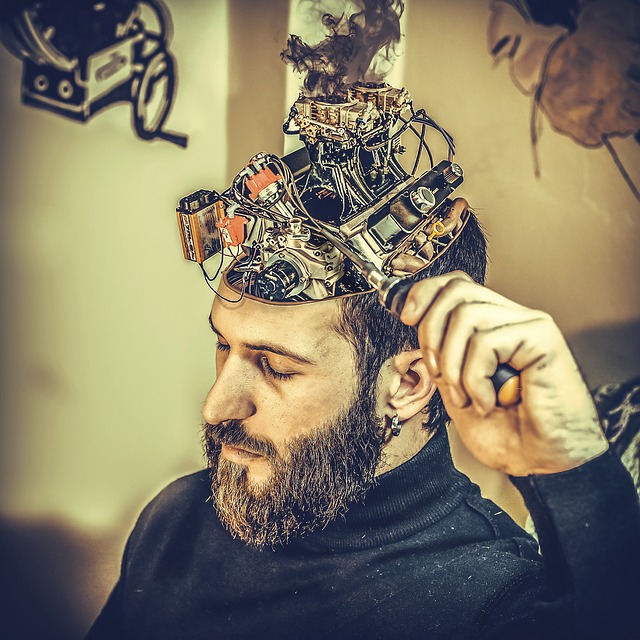

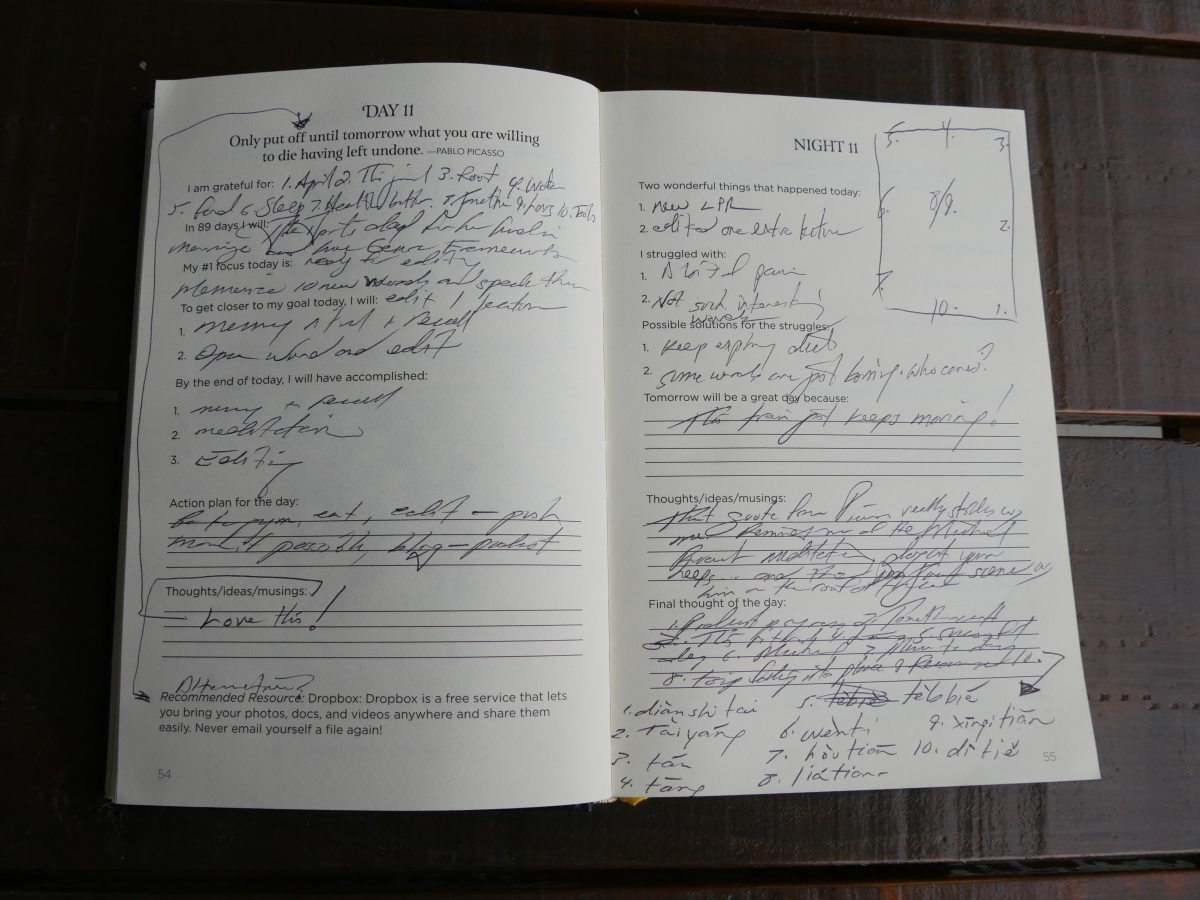
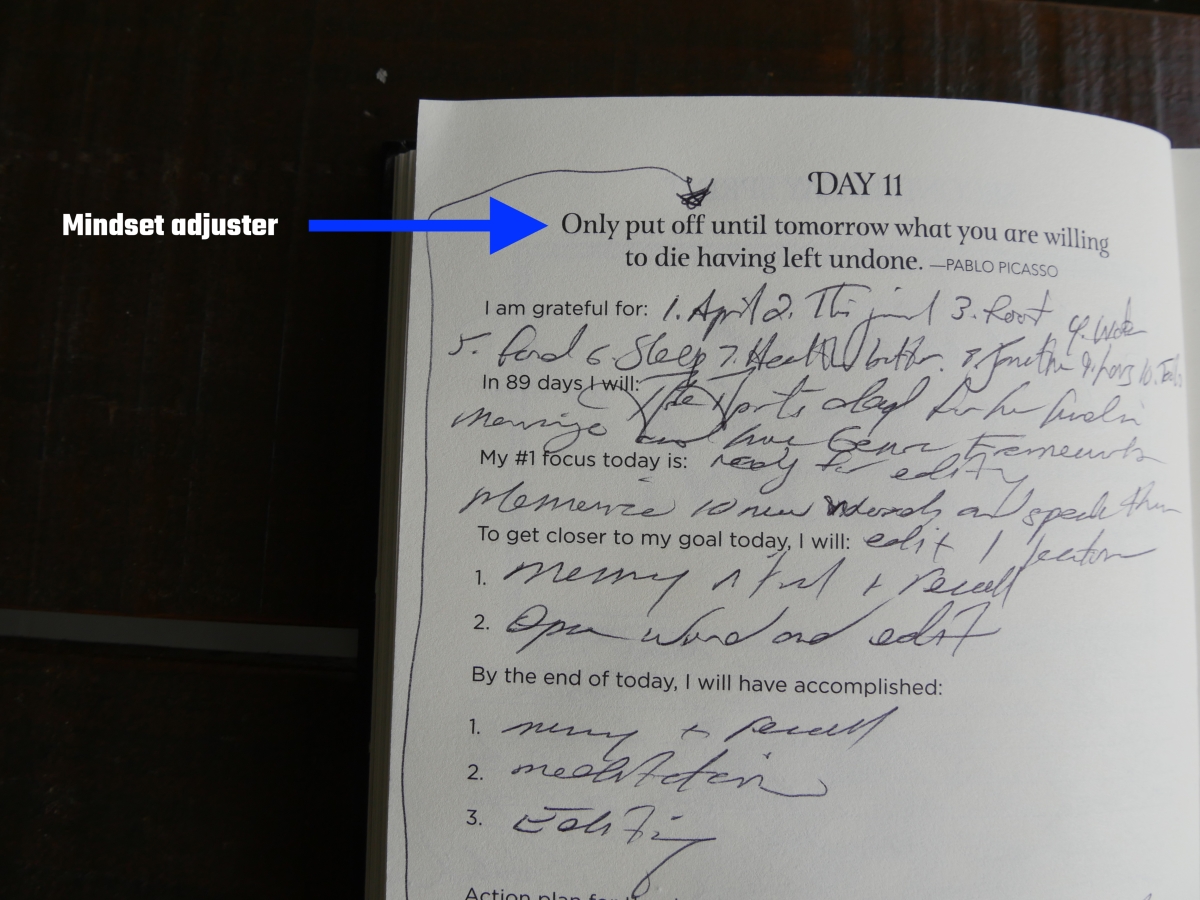
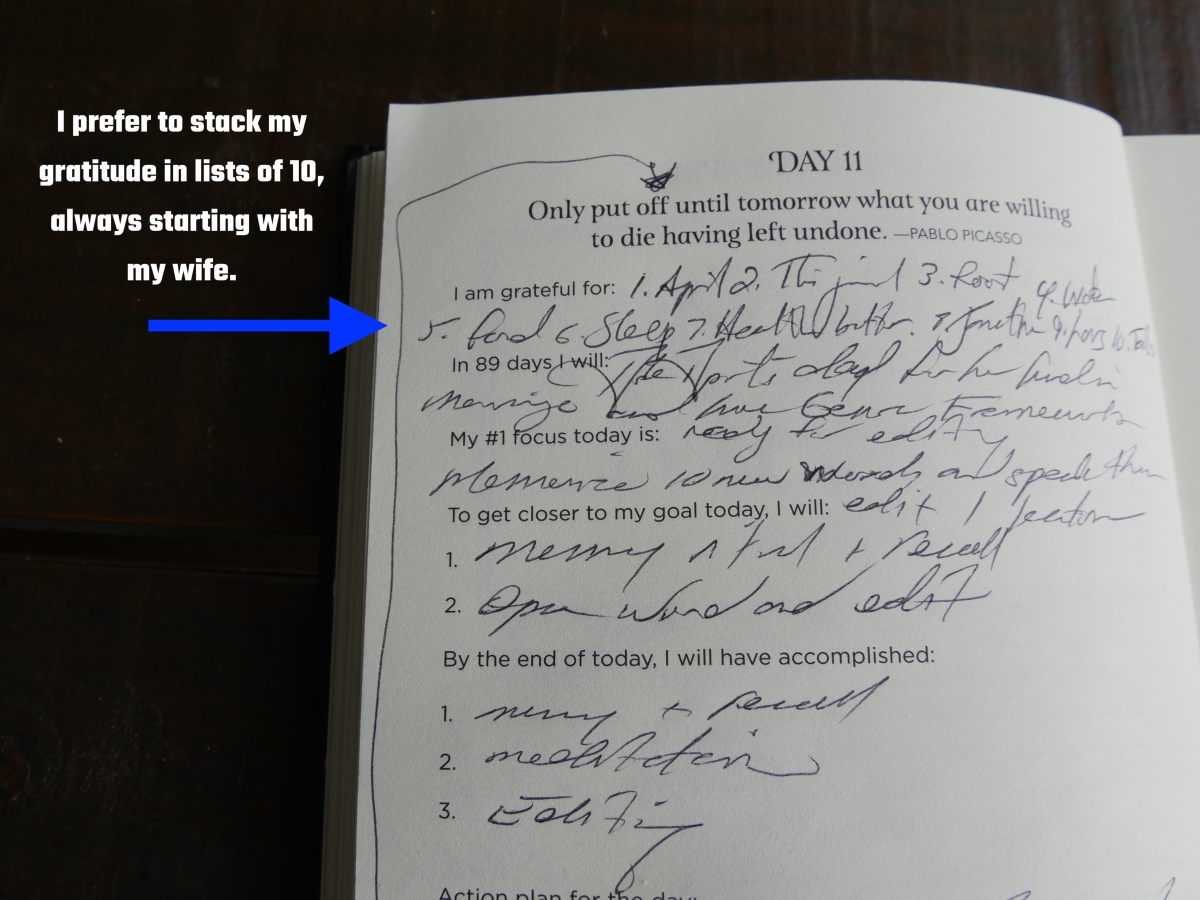
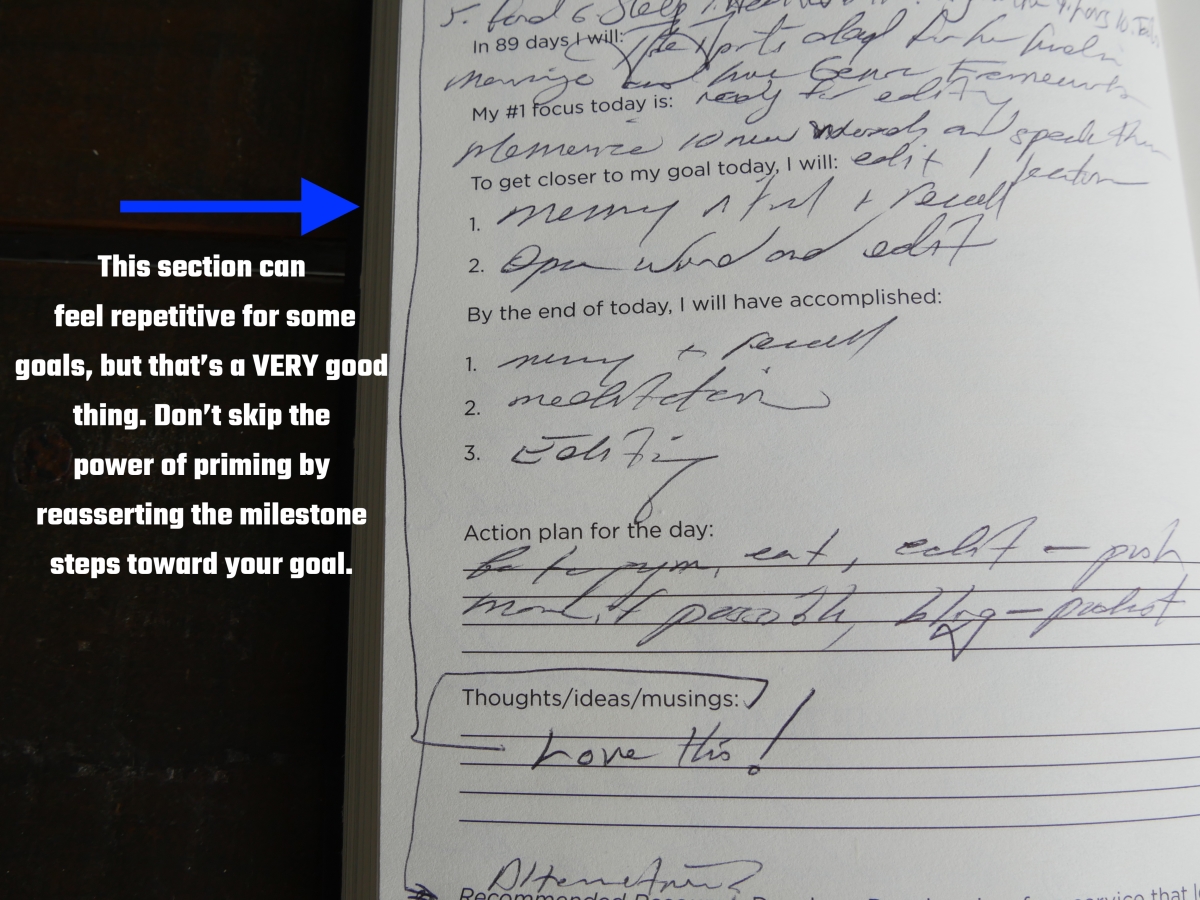
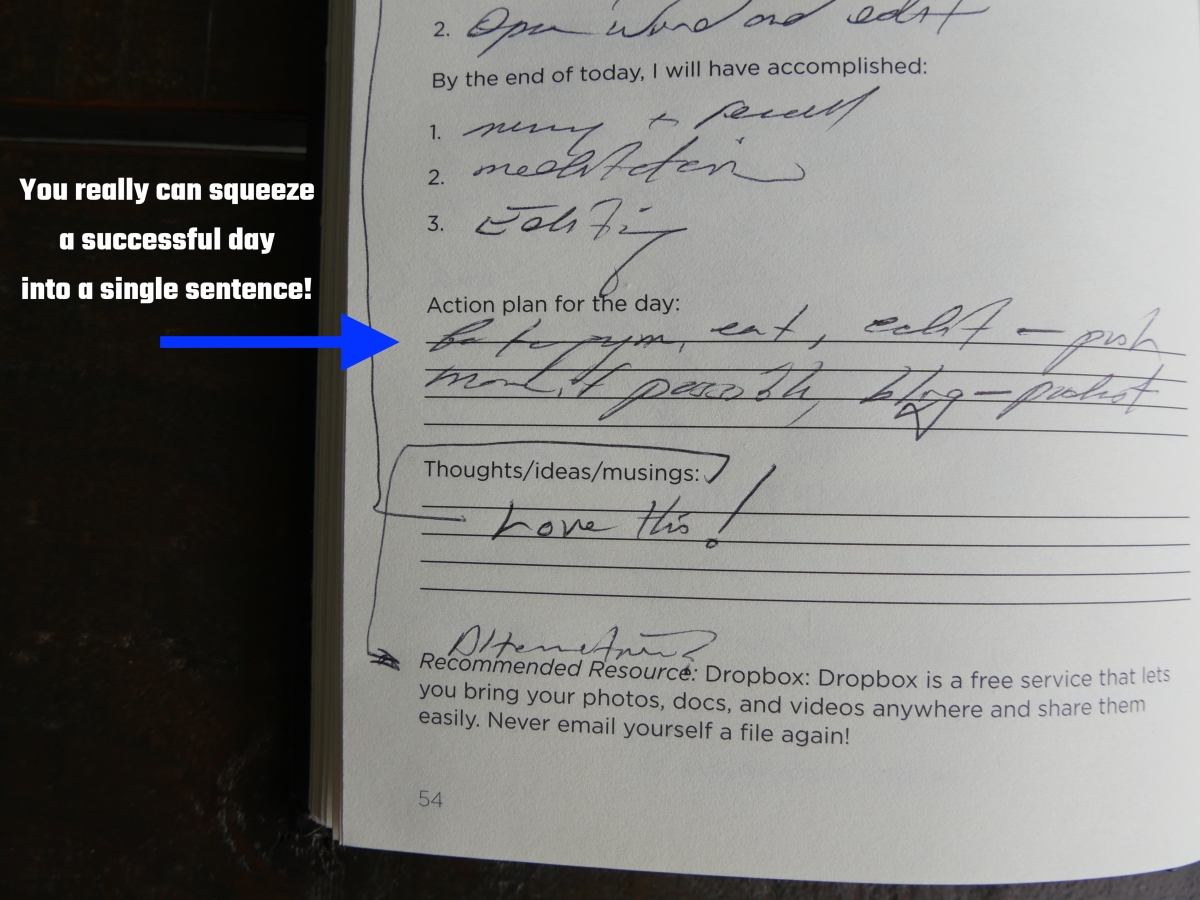
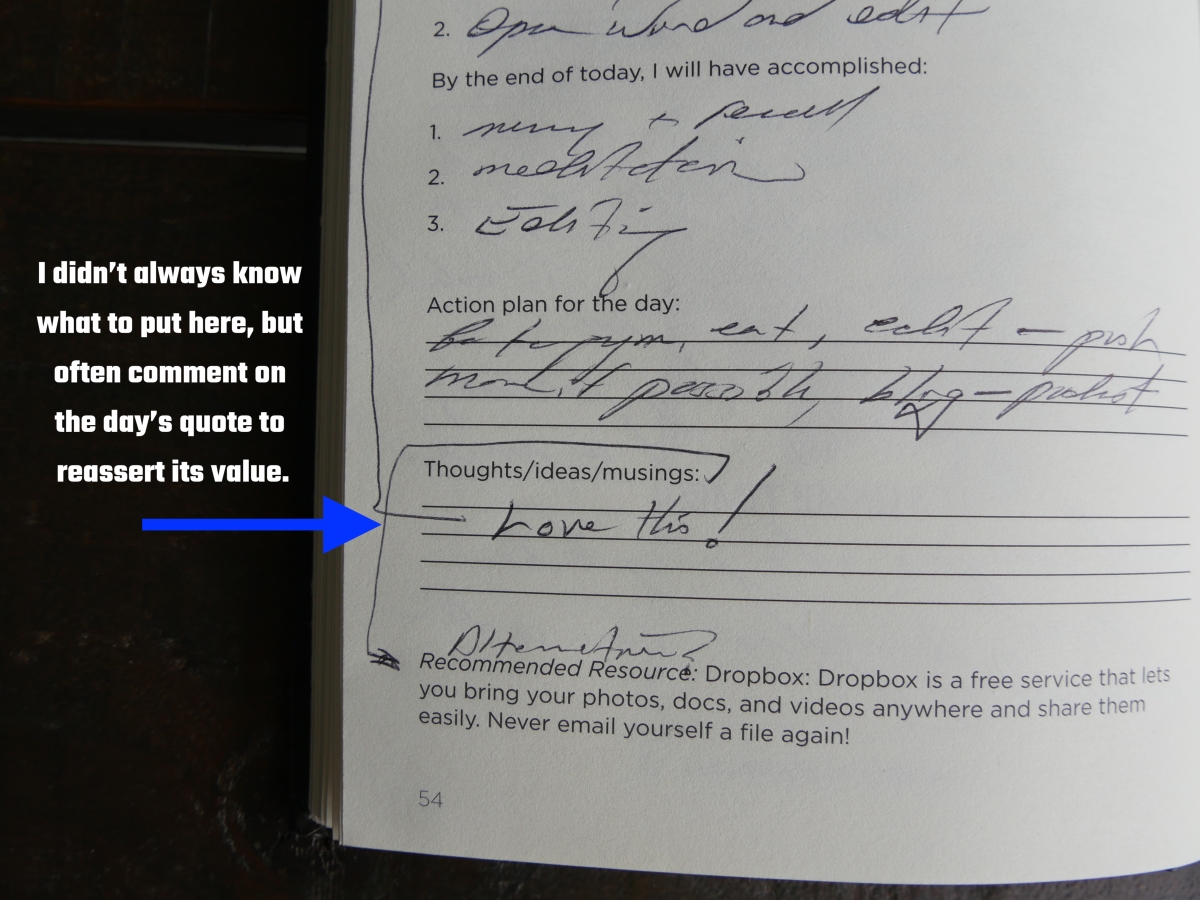
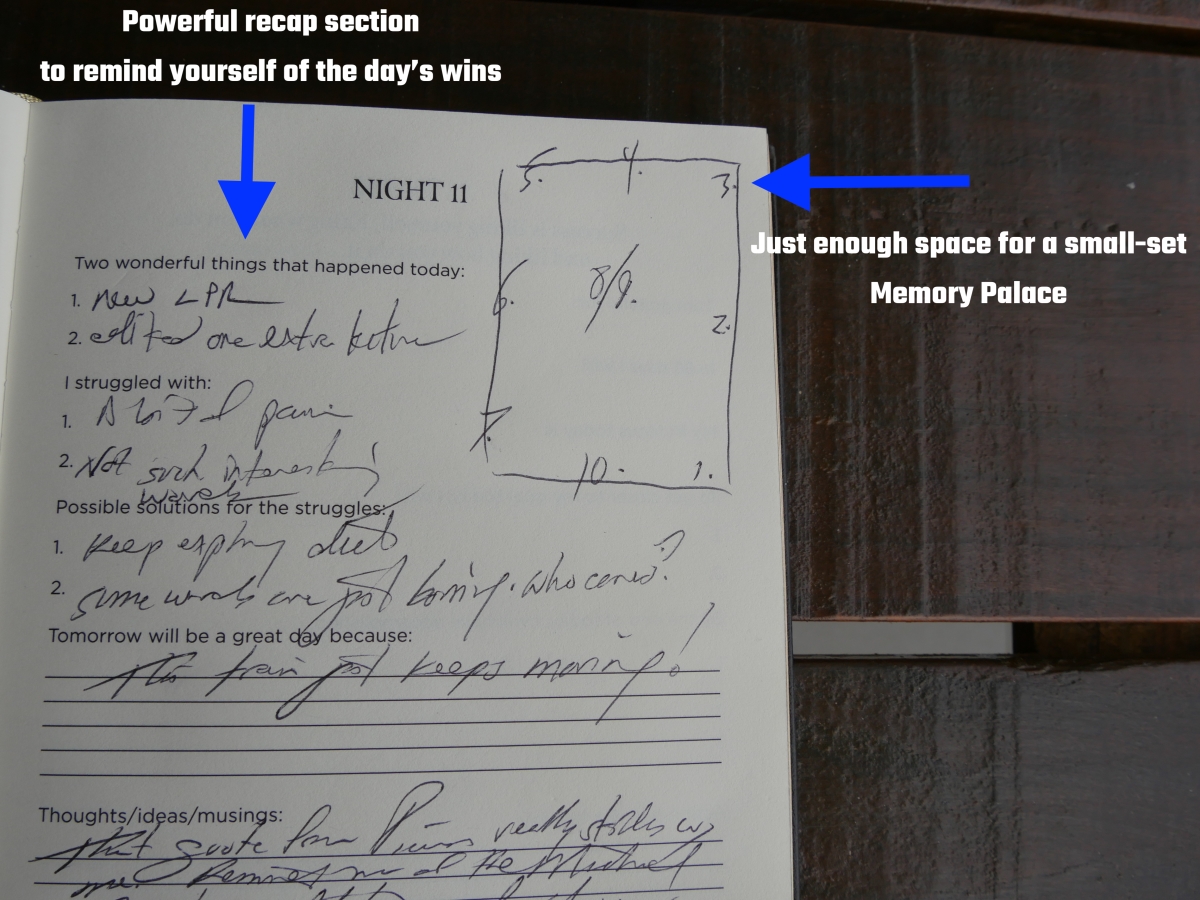
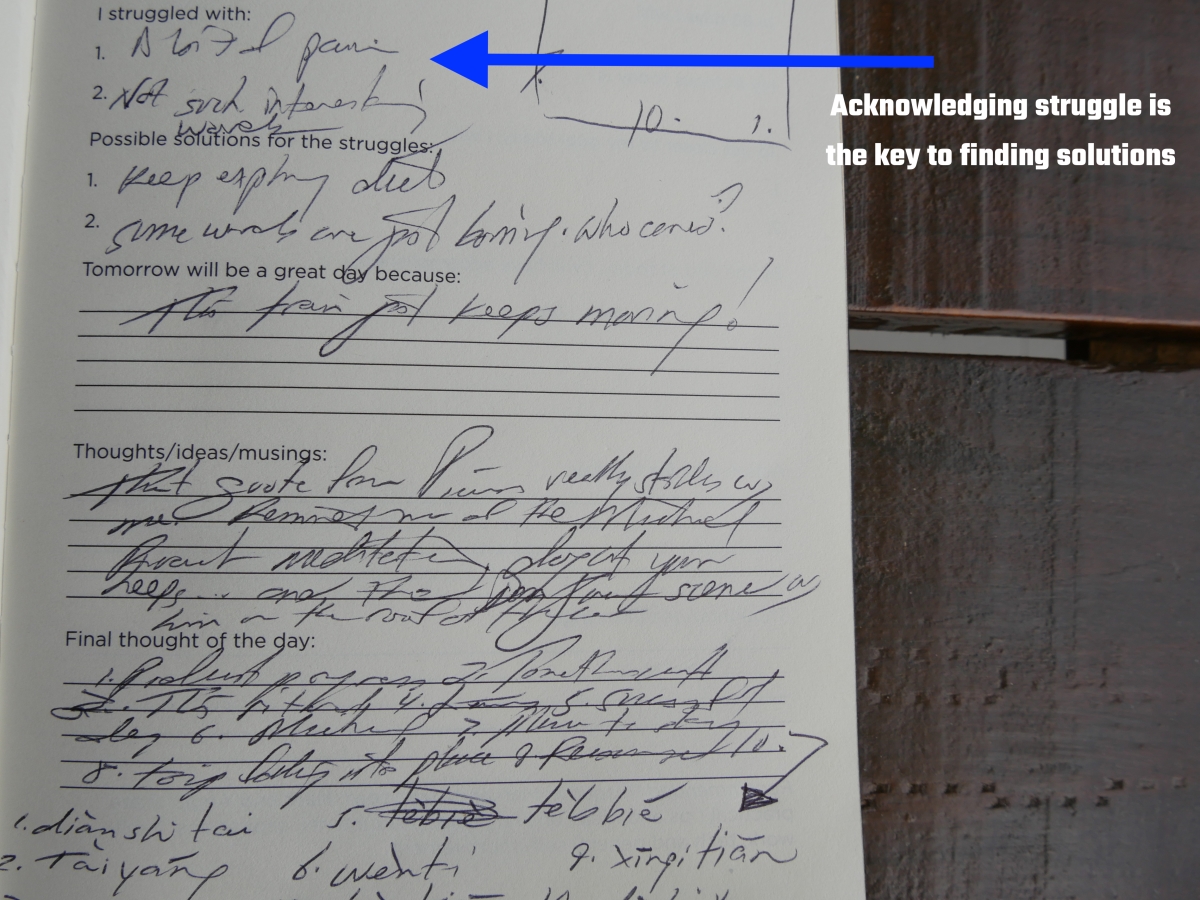
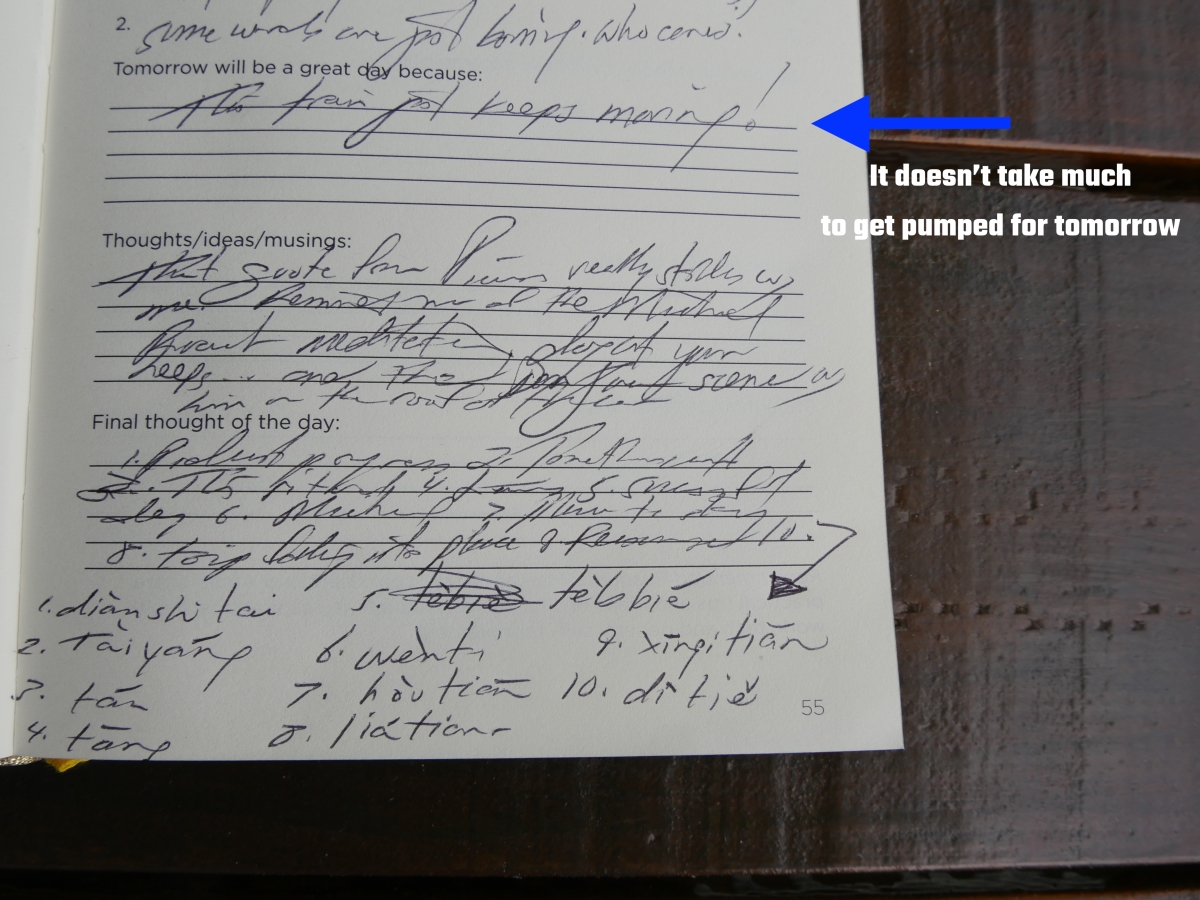
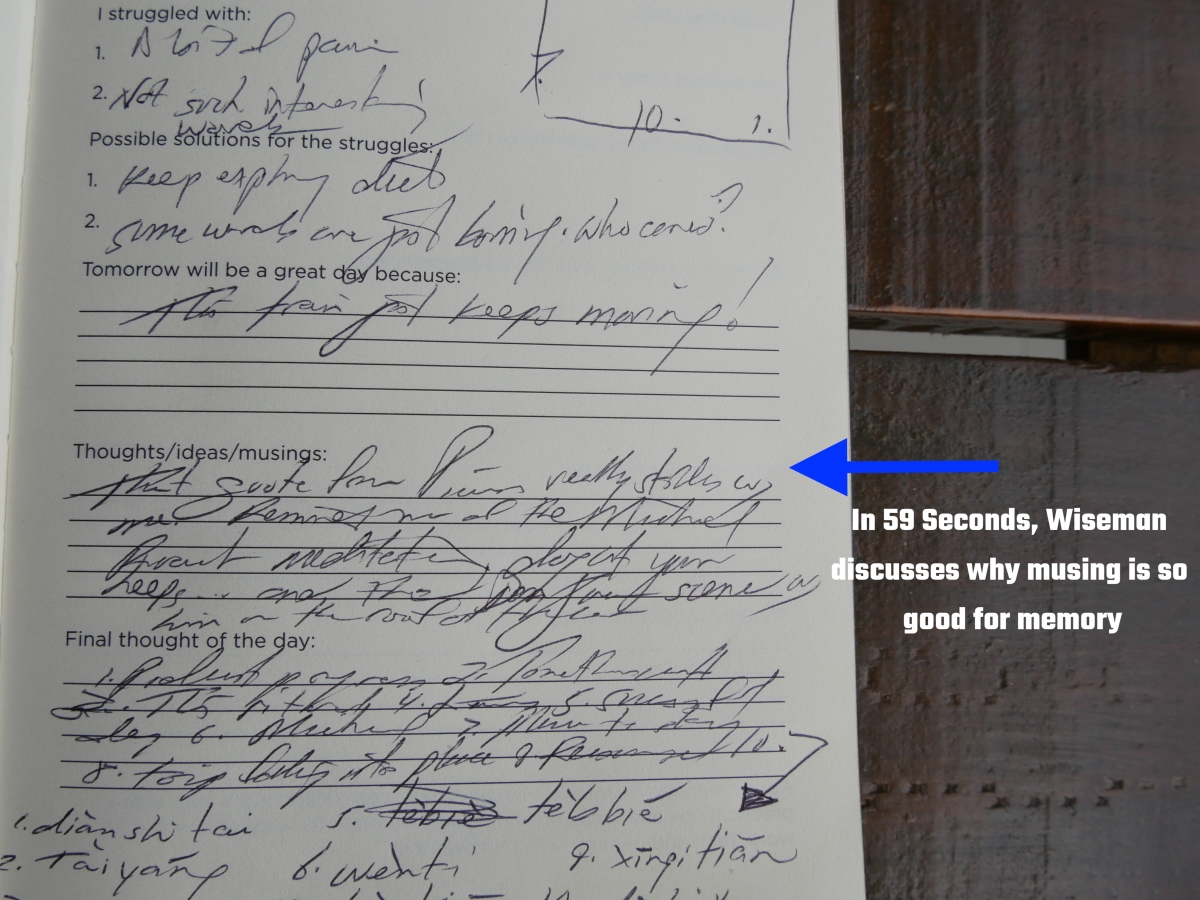
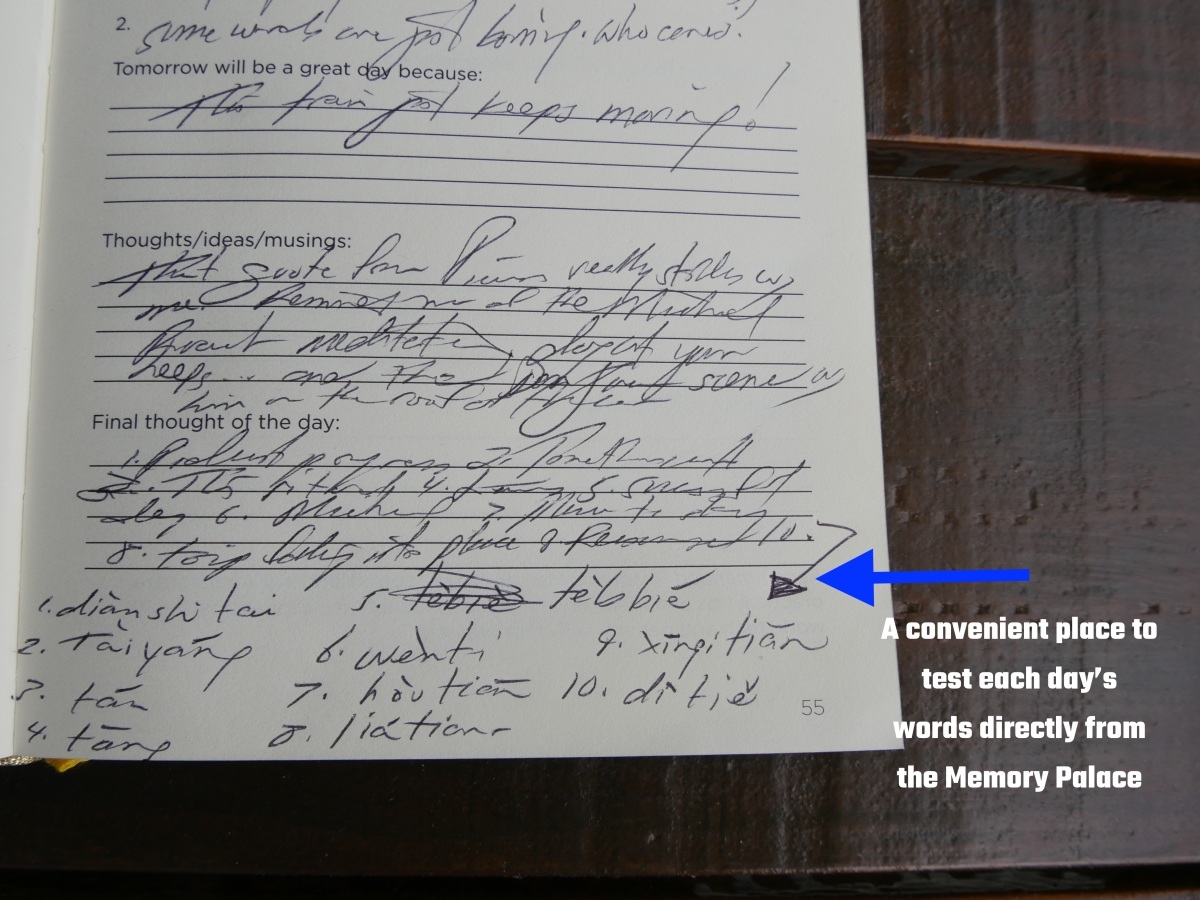
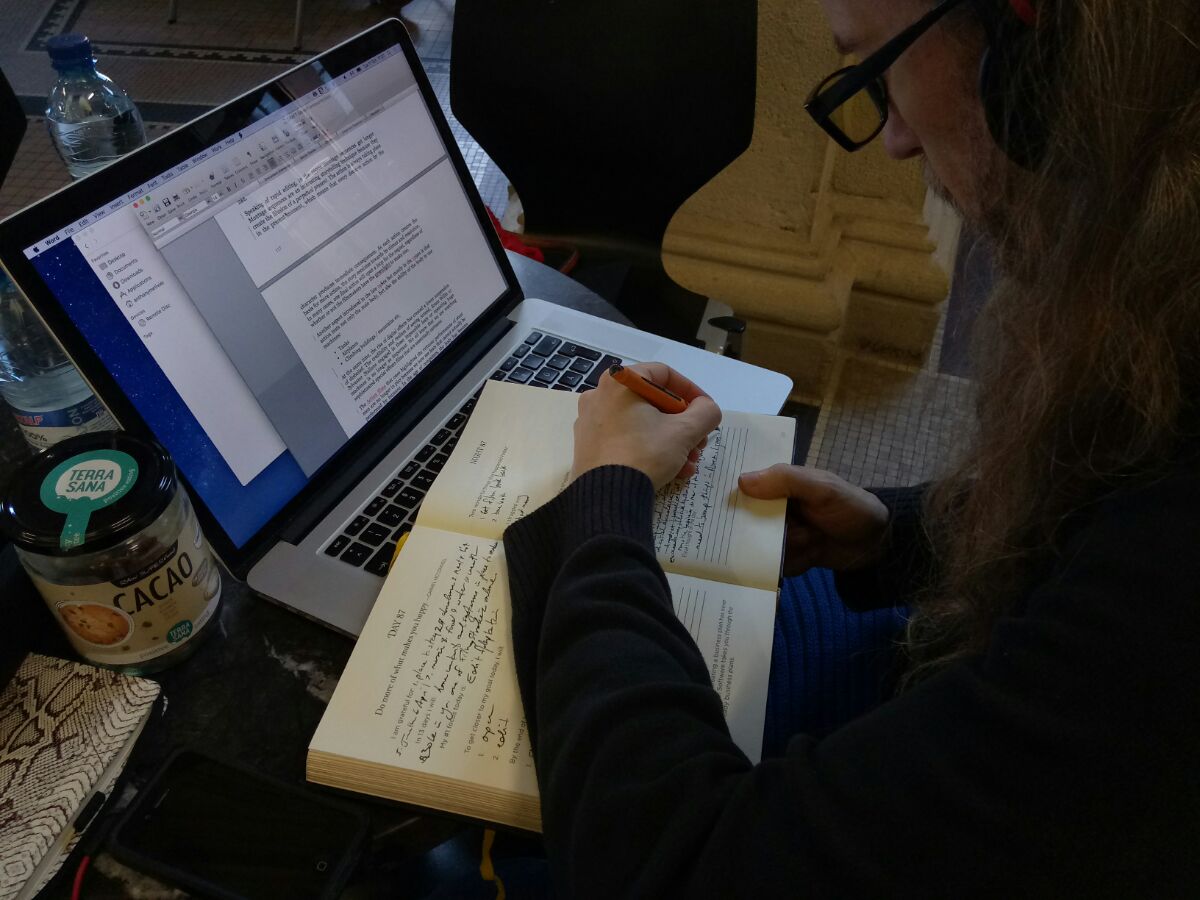
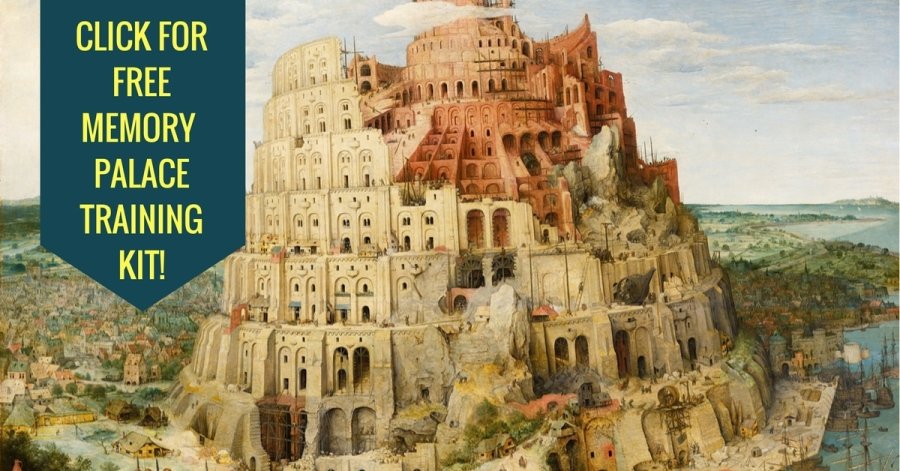
 Does your episodic memory help you remember your first prom?
Does your episodic memory help you remember your first prom?


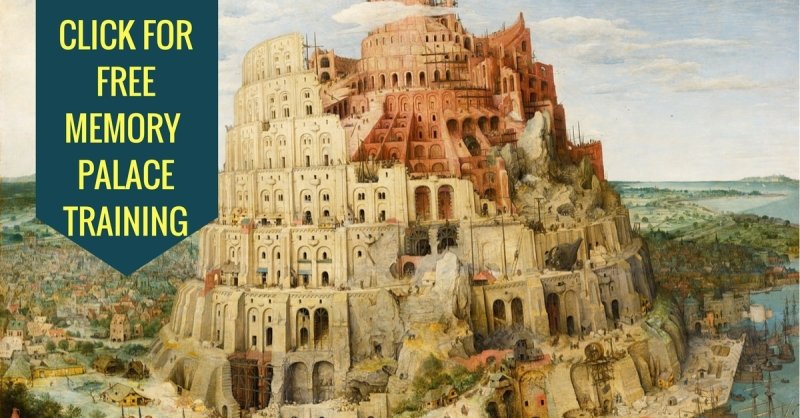
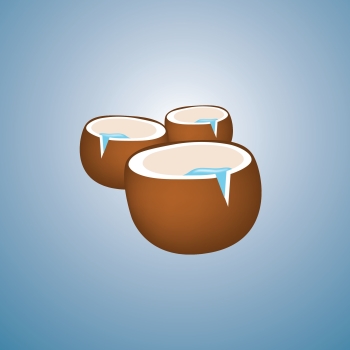 Is coconut oil good for memory?
Is coconut oil good for memory?